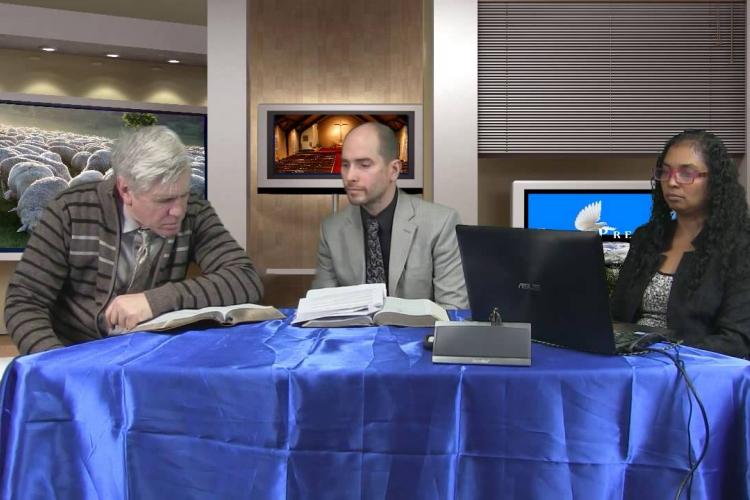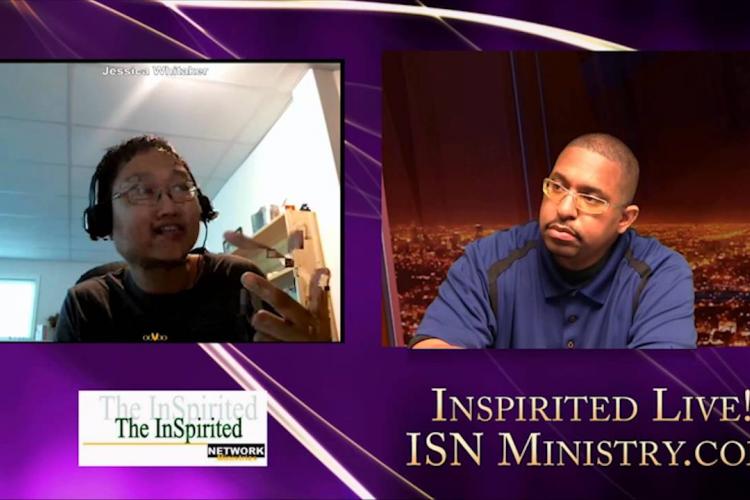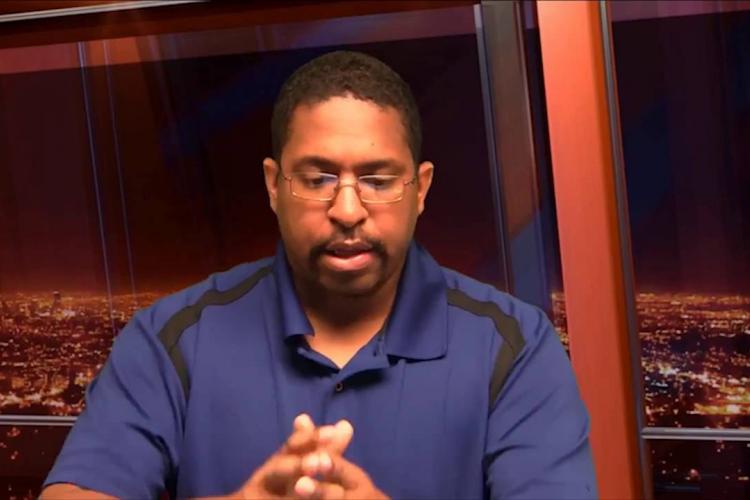Is there a war going on that we may not see but experience the effects? Is the idea of the great controversy Biblical? Who are the key players in this conflict? Who will ultimately be the winner in this contest? How does God prepare us for spiritual warfare? Does being a prophet of God mean that one will not experience difficulty or oppression? Does God prevent His people from suffering all the time? How did misconceptions about Jesus' first arrival play a role in the lives of His people? Why did John the Baptist have a moment of doubt? What evidence was given that Jesus was the Messiah?
Why did Jesus have run-ins with the scribes and pharisees? Were the accusations against him true? Was Jesus a breaker of the Sabbath? Did He view the Sabbath as important? What was His message regarding the Sabbath and the legalistic regulations of the religious leaders? What message might this have for us today? Jesus invites us to take part in His rest. But what kind of rest was He talking about?
How did Jesus relate to people who weren't Jewish during his ministry on earth? Was He Lord of the Jews only? How can we understand Jesus' interactions with Gentiles and Jews? What messages might these interactions have for us today? Why did Jesus challenge the traditions of His time? Should we too challenge traditions that go against God's commands today? What can we learn from Jesus' interactions with His disciples? This week we explore the ministry of Jesus focusing on Matthew 14 and 15.
Have you ever found personalities difficult to deal with? Are there some strong personalities in your life that many find hard to adjust to? Whether in your marriage, friendships, home, church, work, or your community, sometimes people commit crimes against relationships. Why is it so hard to be kind to others? Where does God fit in with all this? Does God care about relationships? Does He have the power to fix broken ones? If so, how? Find out this week on Ever-Present.
What was the relationship between Peter, Jesus, and the church? How should we understand Jesus' words that upon the rock would he build his church? Who was this rock? Protestants and Catholics have long debated this passage but what secrets do the Greek manuscripts hold that make the matter more clear? In this study John Spellman goes into depth explaining the passage Matthew 16:18 in a way you may never have heard before. Why does it matter who Jesus is to us? Why is it important that we see Him as the rock?
Why did Jesus warn the religious leaders of His time? What was the response of the religous leaders? What did God do with the gospel? What events lead up to the second coming? What hope exists in the midst of the troubles of the last days? What will people, society, and other conditions be like in those times? How do we know there is a dual fulfillment to Jesus' prophecy? As Jesus began to expound on how the temple in Jerusalem would be destroyed (in 70AD), He intermingled events that had an immediate fulfillment and a fulfillment to come in the last days.
What is the significance of Jesus' crucifixion and resurrection? Why did the veil in the temple rip? What did Jesus mean when He cried out "My God, My God why have you forsaken me?" What did it mean for Jesus to be separated from the Father? What similarities do we hold to Barabbas? Did the crucifixion really happen? How does secular history evidence this event? What does the resurrection mean for believers and why is it the basis of our faith? What did Jesus commission us to do in response to His salvation?
This week we are joined by Dr. May-Ellen Colon and Dr. Gaspar Colon as we discuss Jesus on the topic of community outreach. What did Jesus have to say about community outreach? How did Jesus view the church's role in terms of reaching out to those in spiritual darkness? Who is our neighbor? What did He mean by the metaphors of light and salt? What roles do different members within the church play in reaching outsiders? How does the farming analogy illustrate these different roles? How do we prepare the soil, sow the seed, nurture the crop, and reap the harvest?
How did Jesus show sympathy, compassion, mercy, empathy, pity, and genuine concern for people during the course of His earthly ministry? How can Christians do the same in the world we live in today? Is the God of the Old Testament less compassionate than the God of the New Testament? How can we understand God's compassion in acts of judgment? What does the Old Testament show us about God's reaction to human suffering? Does God ignore human suffering, or does it impact Him? Why is it important for Christians to learn to walk in the shoes of others?
How did Jesus minister to people's needs? How did He know their needs? How did Jesus show respect to people he wanted to help? How can we show genuine care and concern for those we seek to help today? Is it appropriate to ask how we can help? Does God ever force His help on us? What do you do when plans to help or to minister get interrupted by the unexpected? Why is it so important for Christians to love one another? How did Dorcas exemplify this and what impact did her love for people have on her ministry? What are the different ways we can approach ministry?










